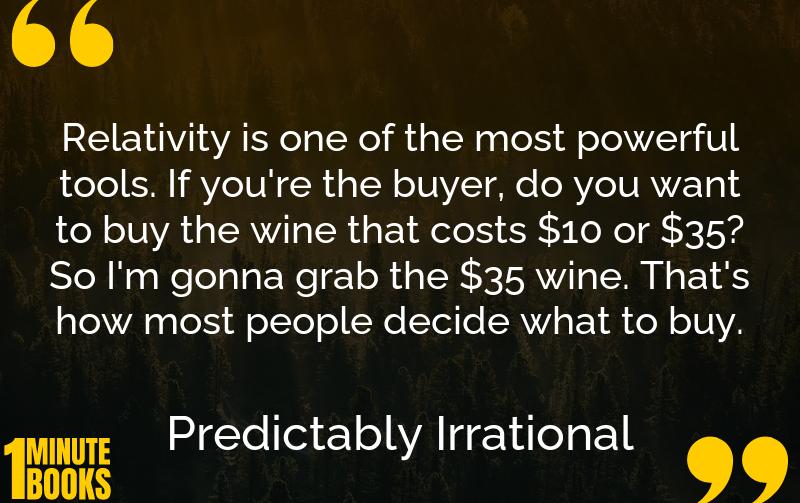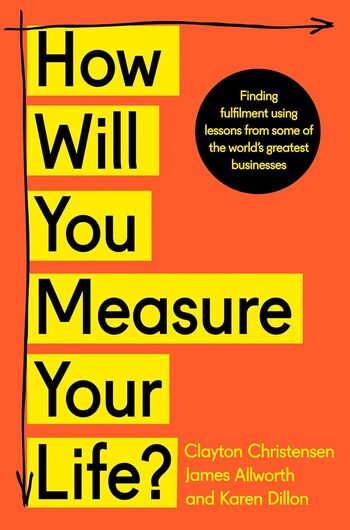
Dan Ariely explores how irrational behaviors impact decision-making in everyday life, showing how factors like relativity and social norms shape irrational choices in seemingly rational settings.
Main Lessons
- Relativity influences buying decisions; a comparison makes a less attractive option more desirable.
- Offering a higher-priced product can increase sales of a moderately priced item.
- Free offers can drive purchases even when seemingly irrational, highlighting our love for ‘free.’
- Distinguishing between market norms and social norms is crucial for effective motivation.
- Small monetary incentives can sometimes undermine socially motivated actions.
- Setting deadlines enhances productivity; lack of deadlines can lead to procrastination and poorer performance.
- Artificial deadlines, combined with potential penalties, can ensure task completion.
- Understanding and harnessing social norms and market norms can lead to more effective marketing strategies.
- Highlighting opportunity costs, like skipping a meal to purchase a product, can help frame value.
- Procrastination can be reduced through self-imposed time constraints or consequences.
- Social behaviors, like helping others, can be motivated differently than market transactions.
- The concept of zero cost highlights our perceived value of free items over paid alternatives.








